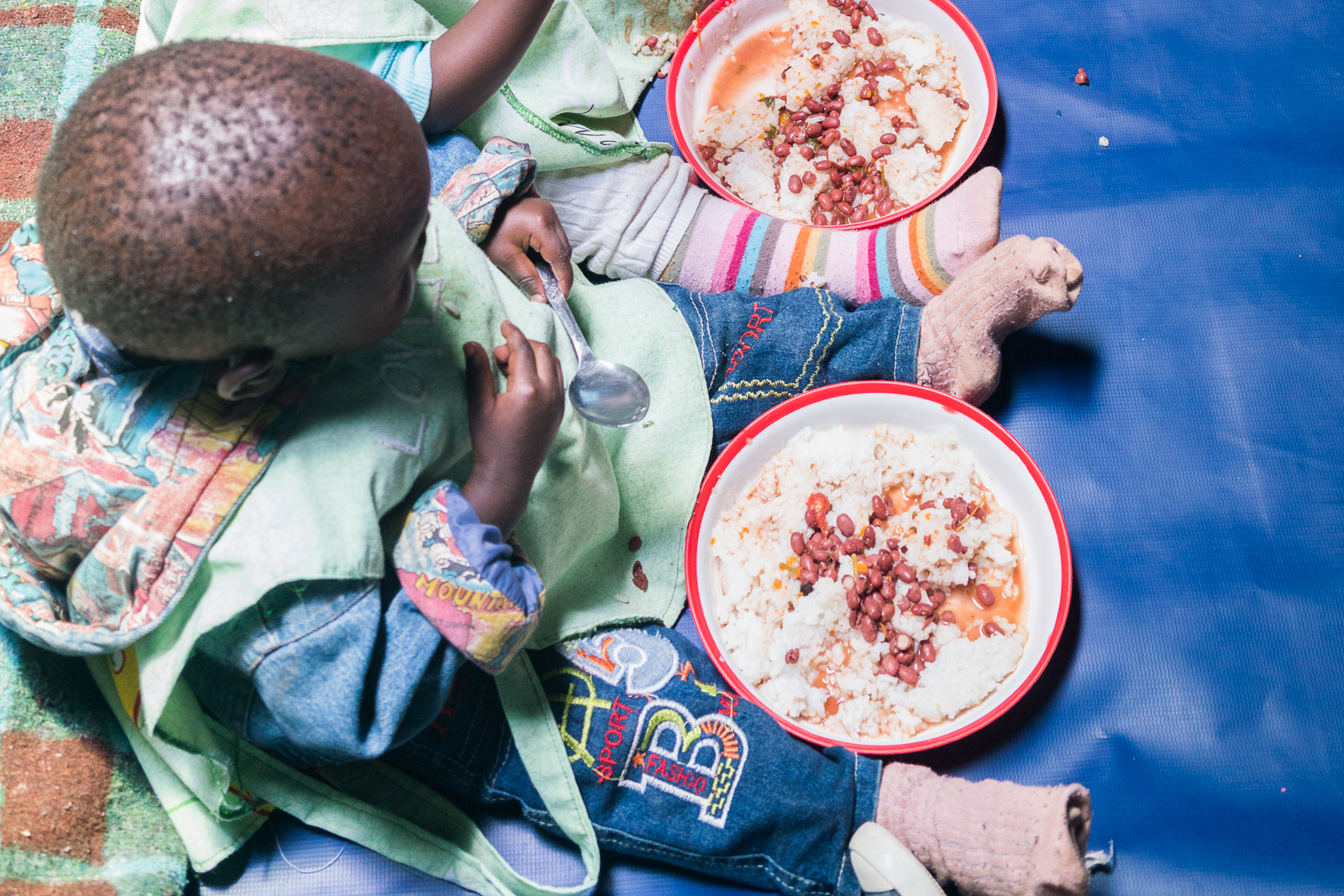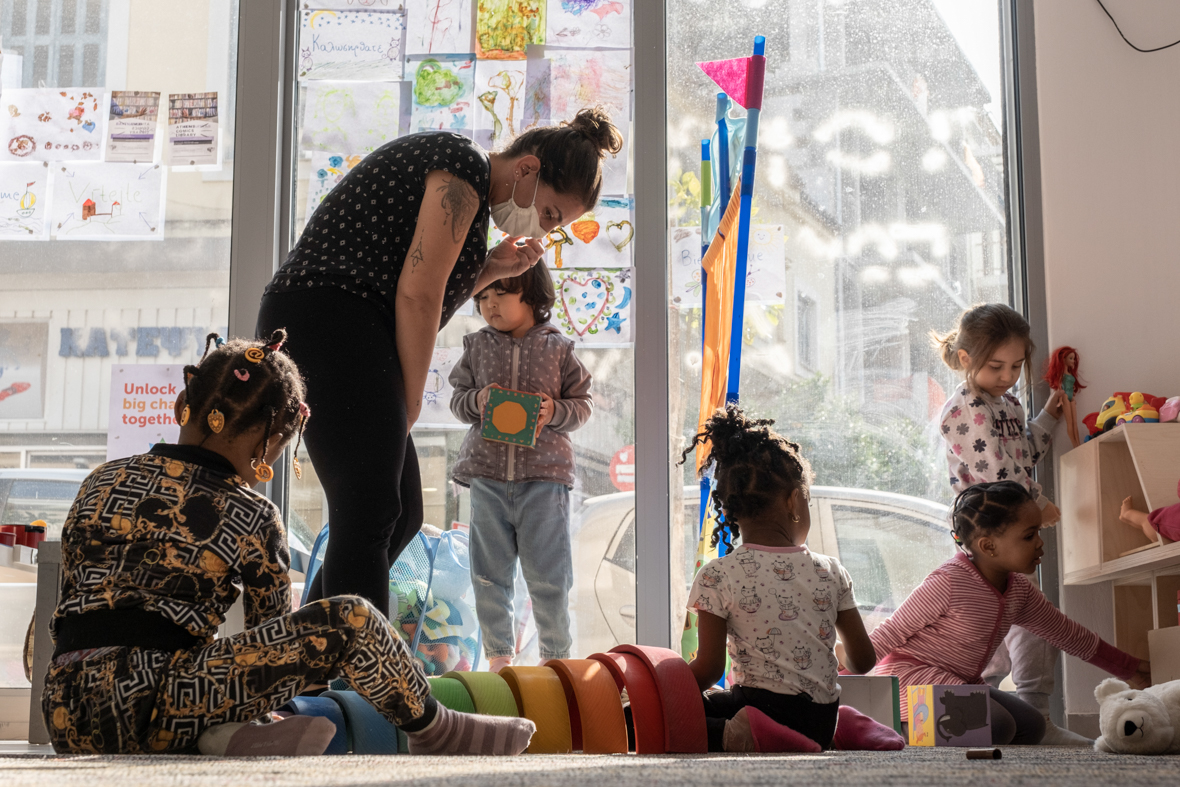
Learning through play (early childhood development)

This page is about learning through play and why it is important in preparing a child for education and in health brain development - and how, without it, negative effects can stretch into adulthood.
What is learning through play?
Play is an important part of a child’s early development. Playing helps young children’s brains to develop and for their language and communication skills to mature.
Simple games of peek-a-boo, shaking a rattle or singing a song are much more important than just a way to pass the time. They teach young children about communication, develop their motor skills and help with problem-solving.
Something as easy as stacking and knocking over blocks allows toddlers to discover maths and science concepts, including shapes, gravity, balance and counting.
These early childhood games are vital to laying the foundations for formal education. In most cases learning through starts with parents or carers engaging with, playing with and responding to the child.
Why does it matter?
The first years of life shape a child’s future into adulthood. This is when the most significant brain development happens, particularly in the first two years of life. Lack of play and communication, known as “under-stimulation”, can have long-term negative consequences on a child’s learning and physical and mental health.
Roughly 80% of brain development is completed by age three and 90 % by age five. This means a child cannot wait for primary school for learning to begin.
These early childhood games are vital to laying the foundations for formal education. However, in poor families, where parents may work long hours and are struggling just to feed their families, access to appropriate toys and the ability to make time for play can be limited.
In a study in Jamaica, poor toddlers with stunted growth were visited once a week for an hour by trained health workers, who engaged in learning through play and worked with their mothers to support and encourage this play. Twenty years later, the programme is shown to have benefitted the participants and reduced inequality in later life. They did better in school, had better social skills and were less likely to commit crimes. Their income was also an average of 25% higher than children who did not get the learning through play intervention.
What can we do?
It’s important to recognise the crucial role that play has in early childhood development. Support for play must be built into early childhood development programmes. For example, health workers can be trained to engage with a child while giving a vaccine or checkup and offer parents information about the benefits of play.
Support is critical to help parents and carers understand how important play is for young children and to give them ideas about how to work with what they have. For example, simple household items such as cups and spoons can serve as toys.
Next resource
